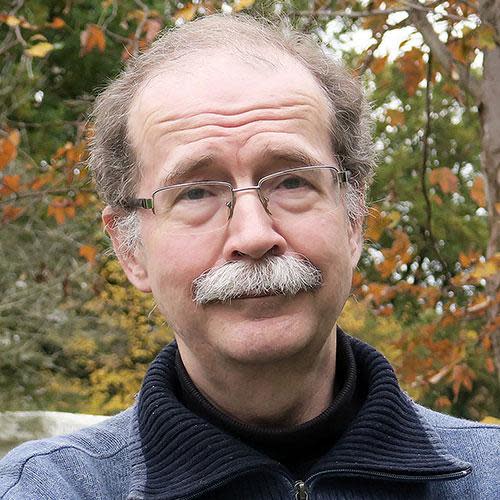Please note: this event has passed
Despite the high cost of war against Ukraine and broad international sanctions, Vladimir Putin's regime has demonstrated a fairly high degree of stability. What is this stability founded upon? Our speaker argues that it is founded on hybridity that draws on the combination of ideological vagueness with elements of completely different political economy models. Such "hybridity" provided the regime with a high degree of flexibility. Having entered a full-scale war, the regime broke the socio-political balance that had ensured its stability. As a result, the regime is currently forced to move towards a different economic and political model. Such a forced transition gives rise to serious internal tensions and contradictions, which, contrary to established expectations, can lead to the collapse of the regime. During the war, the regime became much harder and repressive, but at the same time more fragile.
SPEAKER

Andrei Yakovlev is an economist whose main research interests include state-business relations in Russia, political economy of development, industrial policy, public procurement, and incentives for bureaucracy (with comparative study of Russia and China). From 1993 to 2023 he worked at the HSE (Higher School of Economics) University in Moscow as director of the Institute for Industrial and Market Studies. In 2011-2022 together with Timothy Frye of Columbia University he led HSE's International Center for the Study of Institutions and Development (ICSID). In 2015-2019 he served as president of the Association of Russian Economic Think Tanks (ARETT). In 2017 he was awarded the Gaidar Memorial Prize in economics. He is the author of "Agents of Modernization" (HSE, 2006) and the paper "Composition of the ruling elite, incentives for productive usage of rents, and prospects for Russia’s limited access order" (Post-Soviet Affairs, 37(5), 417–434). In 2022-2023 he worked at the Davis Center in Harvard as a Visiting Scholar. From November 2023 he is fellow at Hanse-Wissenschaftskolleg (HWK) in Delmenhorst, Germany.
Event details
1.03Bush House North East Wing
Bush House North East Wing, 30 Aldwych, WC2B 4BG
